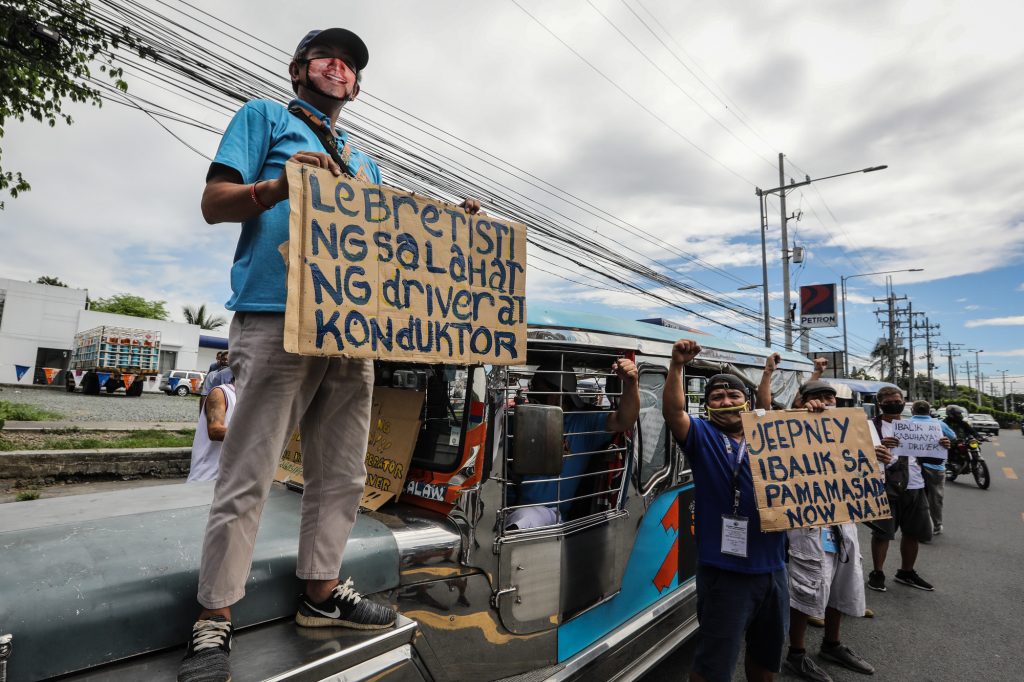
Several religious organizations in the Philippines backed calls to stop the government’s plan to phaseout the “jeepney,” the country’s most popular mode of transportation.
In a statement, the Justice, Peace, and Integrity of Creation Commission of the Association of Major Religious Superiors in the Philippines, said the plan “burdens not only drivers and operators but also the commuters.”
Father Angel Cortez, head of the commission, said the plan threatens the livelihood of more than half a million drivers and about 200,000 transport operators in the country.
In 2017, the government introduced a modernization program that aims to develop a modern and environmentally sustainable transport sector.
During the lockdown in March due to the pandemic, the government temporarily banned all public transport vehicles to quell the spread of the disease.
When authorities began easing quarantine protocols in June, the “jeepneys” were still prohibited from traveling.
Father Cortez noted that many jeepney drivers were “forced to beg from passers-by in order to feed their families.”
“Their forced transition from being drivers to beggars, during this pandemic … compels us into grave concern,” said the priest.
The priest called on authorities to work on “a more humane and just transition” to attain the government’s plan to modernize the transportation industry.
He called for the suspension of the total phase-out of the traditional “jeepney” and to conduct multi-sectoral dialogues among the stakeholders.
Father Dionito Cabillas, convener of faith-based rights group Isaiah Ministry, said apart from the effects of the modernization program on the drivers, the government plan will also burden commuters.
“From the US$0.17 minimum fare in a traditional ‘jeepney,’ a commuter now has to pay US$0.24 for the modernized, air-conditioned ‘jeepney,’” he said.
Philippine “jeepneys” are an adaptation of the World War II military jeeps that Filipino transformed into a 20-seater public transport vehicle.
Source: Licas Philippines
0 Comments